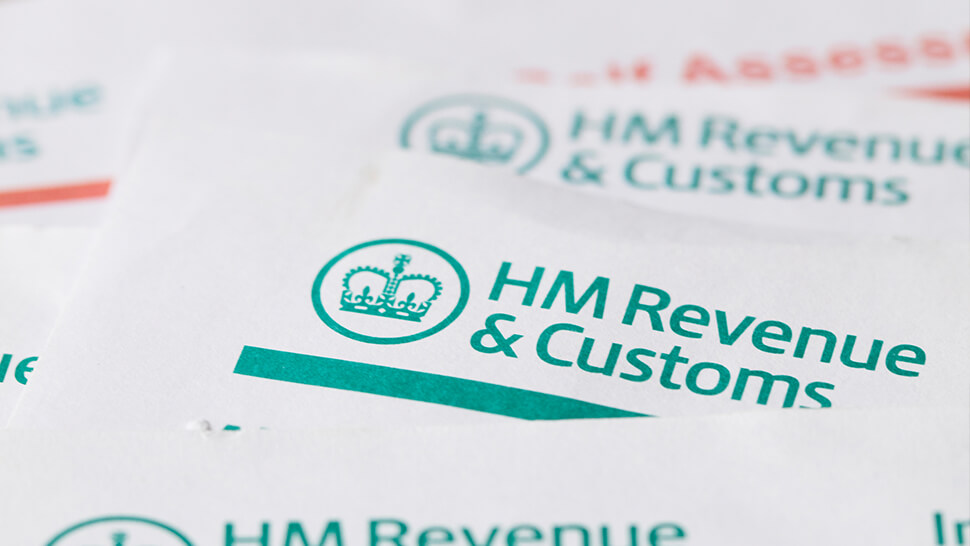
Discover the Significance and Where to Find Your UTR for Hassle-Free Tax Management
Discover the Significance and Where to Find Your UTR for Hassle-Free Tax Management
If you're a taxpayer in the United Kingdom, you may have heard of a UTR number. But what exactly is a UTR number, and what does it stand for? In this blog post, we'll explore the meaning of UTR, its significance, and where you can find your UTR number. Whether you're a self-employed individual, a business owner, or simply someone who pays taxes in the UK, understanding your UTR number is crucial.
UTR stands for Unique Taxpayer Reference. It is a 10-digit number assigned to individuals and entities that have a tax liability in the UK. Your UTR number serves as a unique identifier for HM Revenue and Customs (HMRC) to keep track of your tax-related activities and obligations. This number remains constant throughout your tax-paying lifetime and is essential for various tax-related tasks, such as filing tax returns and managing your financial affairs.
Your UTR number serves several critical functions:
Tax Identification: It uniquely identifies you for tax purposes, helping HMRC accurately record and manage your tax obligations.
Self-Assessment: If you are required to file a self-assessment tax return, you'll need your UTR number to do so. This is essential for self-employed individuals, sole traders, partners in a business, and others who have to report their income and expenses to HMRC.
Communication with HMRC: When you contact HMRC for tax-related inquiries, your UTR number helps them locate your tax records and provide you with specific information.
Payment of Taxes: Your UTR number is linked to your tax payments. It ensures that the funds you pay are attributed to your tax account accurately.
Tax Credits and Benefits: If you are eligible for tax credits, benefits, or exemptions, your UTR number may be required to confirm your eligibility.
Finding your UTR number is vital for fulfilling your tax obligations and conducting various financial activities. Here's how you can locate your UTR number:
HMRC Correspondence: The most common way to find your UTR number is to check any correspondence you've received from HMRC. This includes letters related to self-assessment, tax returns, or other tax matters.
Online HMRC Account: If you've registered for an online account with HMRC, your UTR number should be accessible within your account information.
Tax Return Documents: If you've filed a self-assessment tax return in the past, your UTR number can be found on previously submitted tax returns or documents.
Tax Adviser or Accountant: If you have a tax adviser or an accountant who manages your tax affairs, they should have your UTR number on record.
Lost UTR Number: If you can't find your UTR number, don't hesitate to reach out to HMRC for assistance.
For expert assistance with your tax-related matters, you can also consider contacting Accountants in Birmingham, a reputable accounting firm specializing in tax and financial services.
A UTR number, or Unique Taxpayer Reference, is a crucial identifier for individuals and entities with tax liabilities in the United Kingdom. It is used for various tax-related purposes, including filing tax returns, communicating with HMRC, and managing tax payments. Understanding and safeguarding your UTR number is a fundamental aspect of responsible financial management in the UK. If you need professional guidance in managing your taxes, consider reaching out to Gondal Accountancy for expert assistance.
Disclaimer: Please be advised that the content of this blog is meant to serve as general information only, and should not be considered as tax advice. Given the complexity of tax laws and the potential for regulatory changes, it is strongly advised that you seek the guidance of a qualified tax professional or financial advisor prior to making any decisions based on the information contained in this blog. Please note that neither Gondal Accountancy nor its staff assume any responsibility or liability for any decisions made or not made as a result of the information presented in this article.
Interested in learning more about our Dedicated Accounting Services tailored for Small Businesses?
Get your free, no-obligation consultation from our professional accountants today!